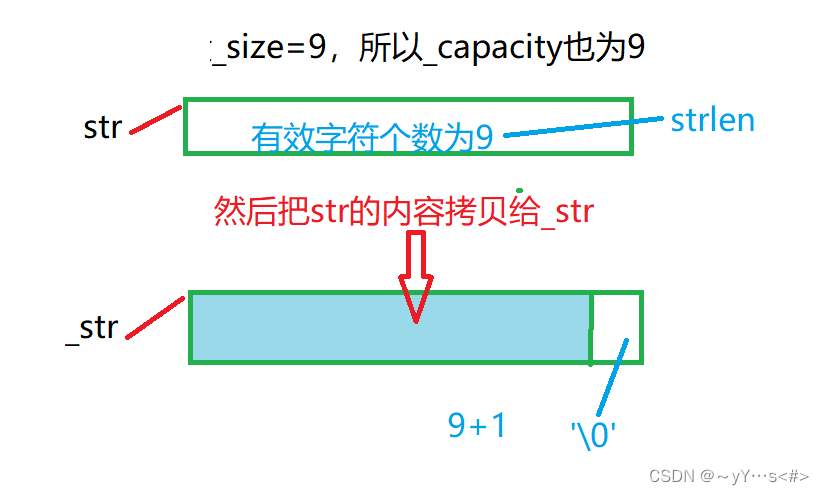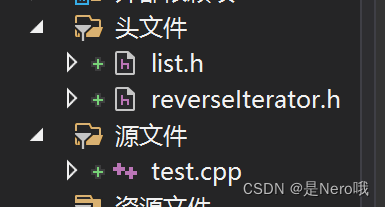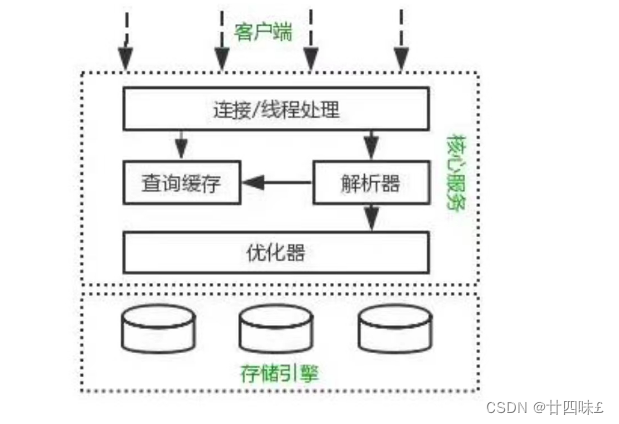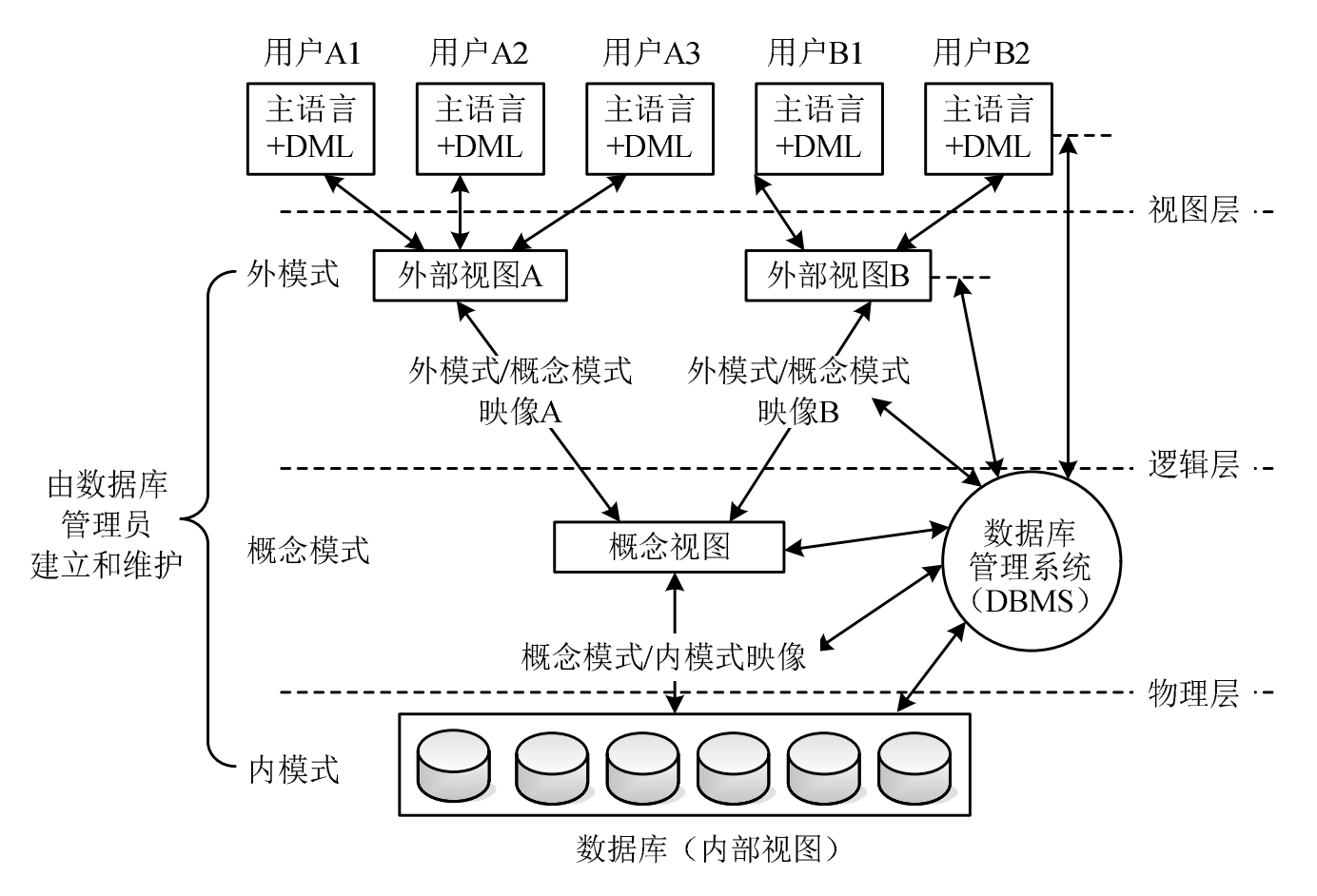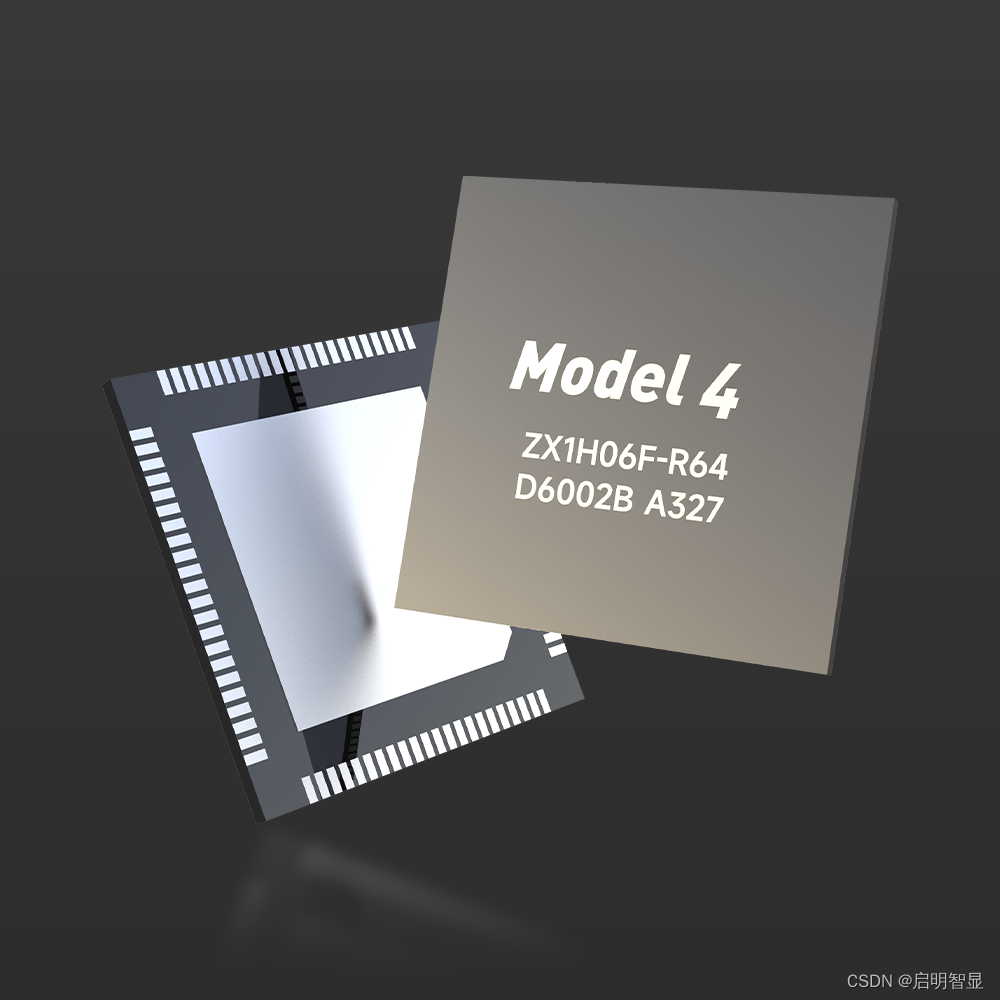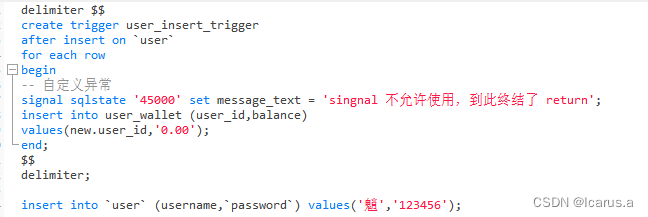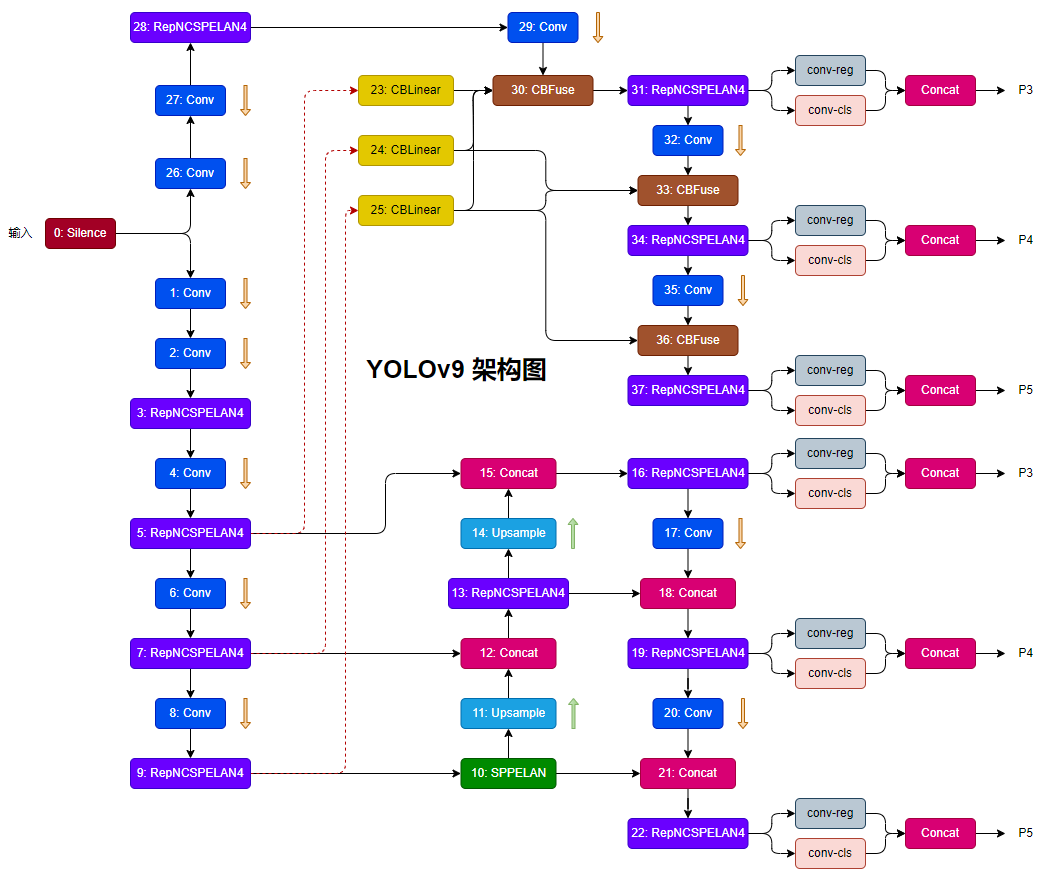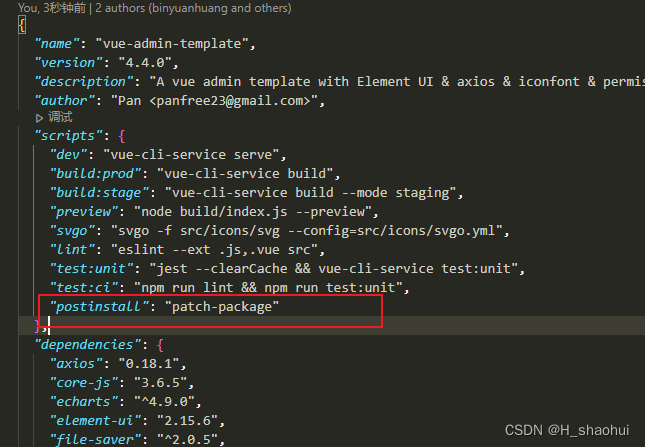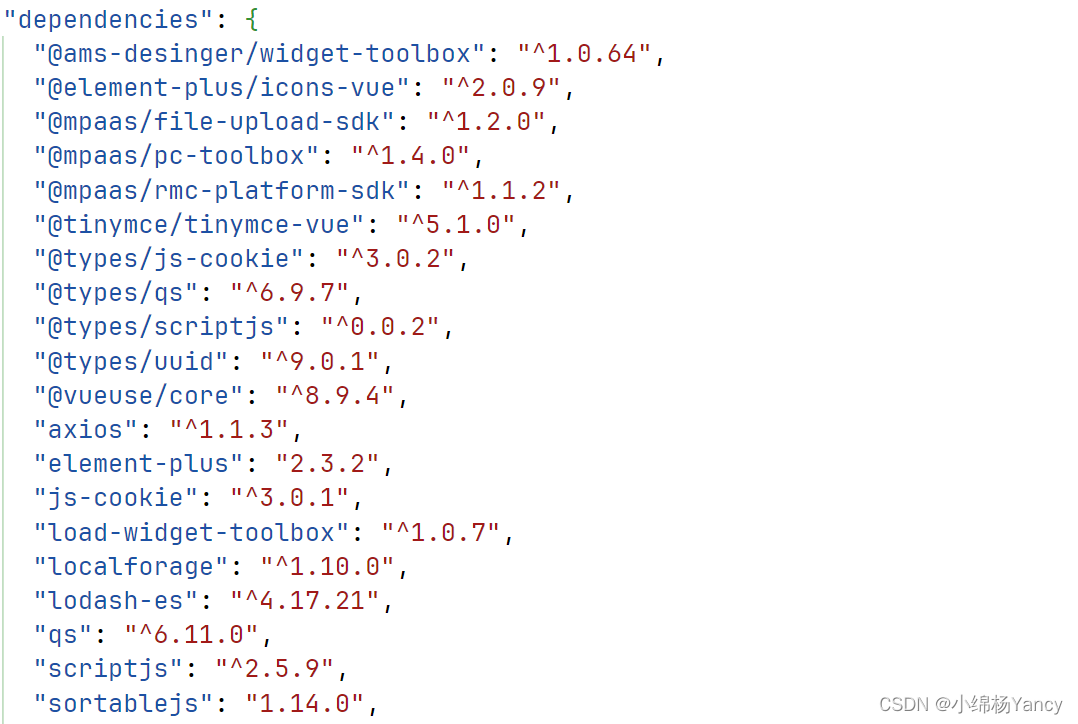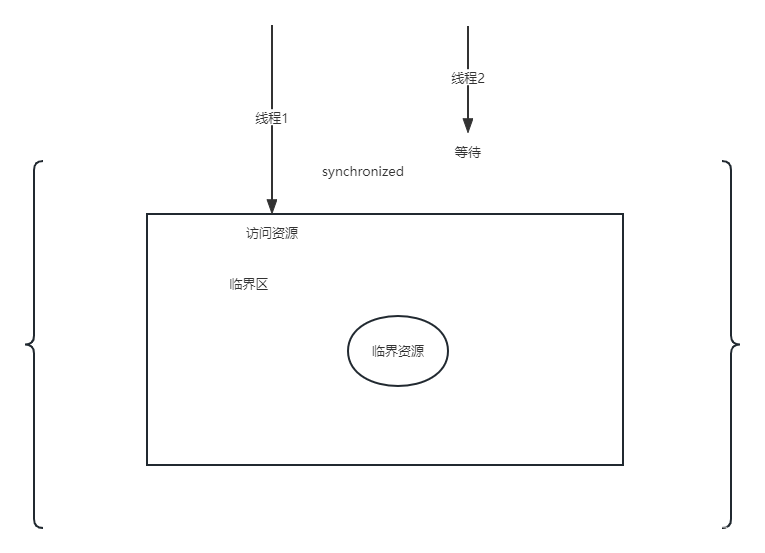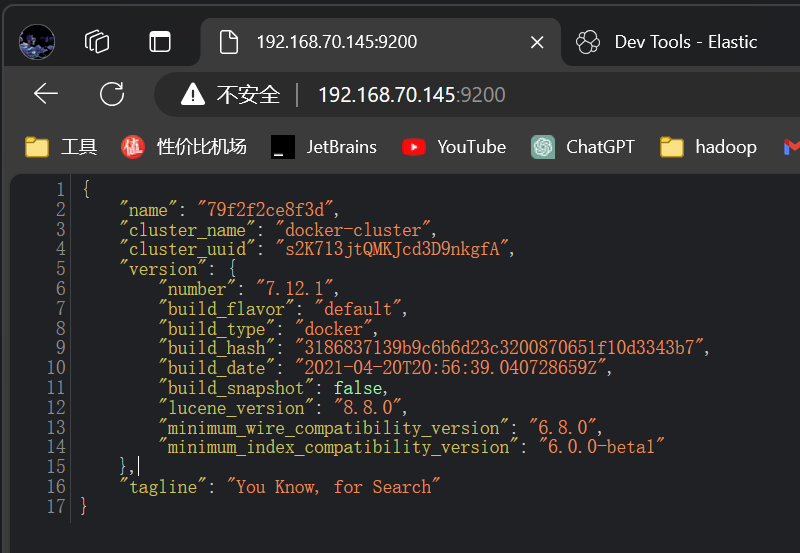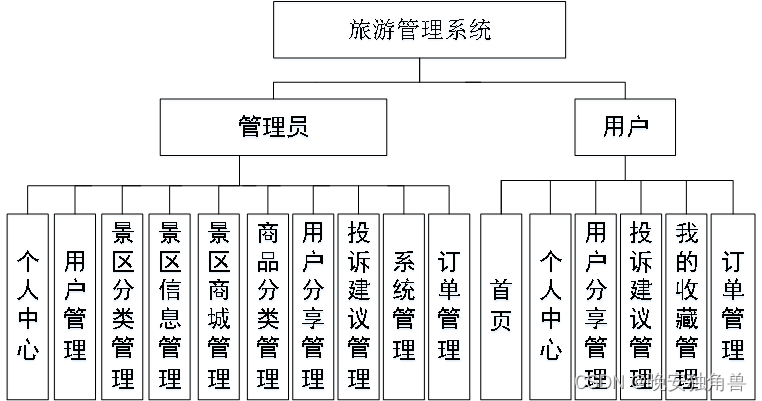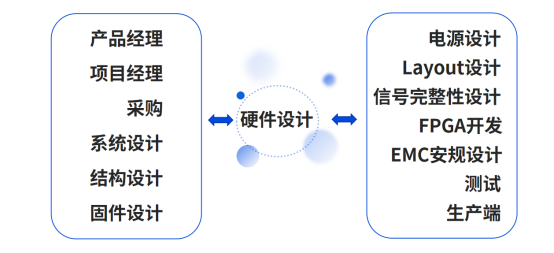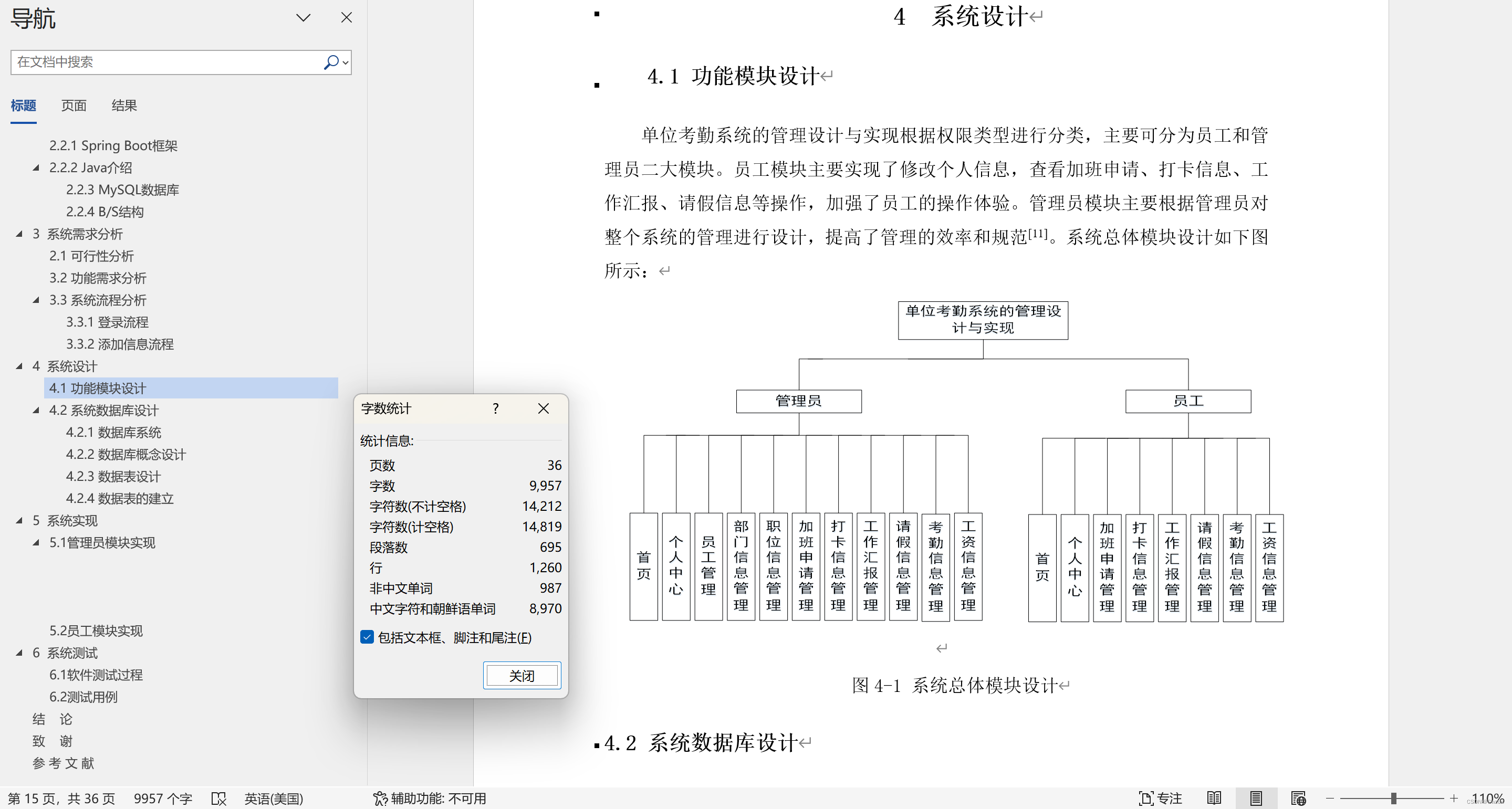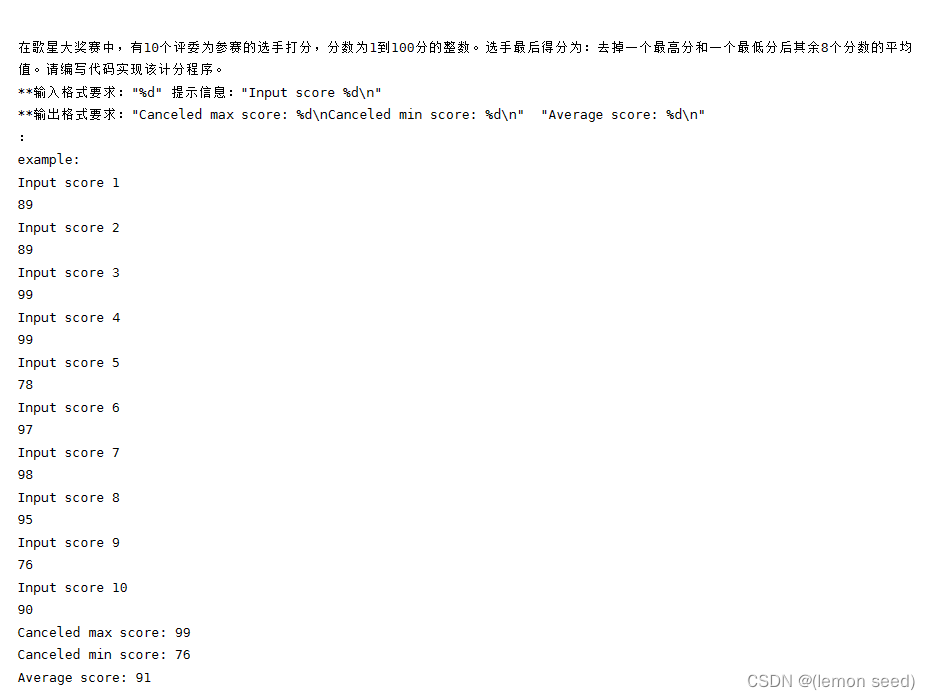list的介绍及使用
list的介绍
1. list 是可以在常数范围内在任意位置进行插入和删除的序列式容器,并且该容器可以前后双向迭代。
2. list 的底层是双向链表结构,双向链表中每个元素存储在互不相关的独立节点中,在节点中通过指针指向其前一个元素和后一个元素。
3. list 与 forward_list 非常相似:最主要的不同在于 forward_list 是单链表,只能朝前迭代,已让其更简单高效。
4. 与其他的序列式容器相比 (array , vector , deque) , list 通常在任意位置进行插入、移除元素的执行效率更好。
5. 与其他序列式容器相比, list 和 forward_list 最大的缺陷是不支持任意位置的随机访问,比如:要访问 list的第6 个元素,必须从已知的位置 ( 比如头部或者尾部 ) 迭代到该位置,在这段位置上迭代需要线性的时间开销;list 还需要一些额外的空间,以保存每个节点的相关联信息 ( 对于存储类型较小元素的大 list 来说这可能是一个重要的因素)

list的使用
list 中的接口比较多,此处类似,只需要掌握如何正确的使用,然后再去深入研究背后的原理,已达到可扩展的能力。以下为list 中一些 常见的重要接口。
list的构造

list iterator的使用
此处,大家可暂时将迭代器理解成一个指针,该指针指向list中的某个节点。

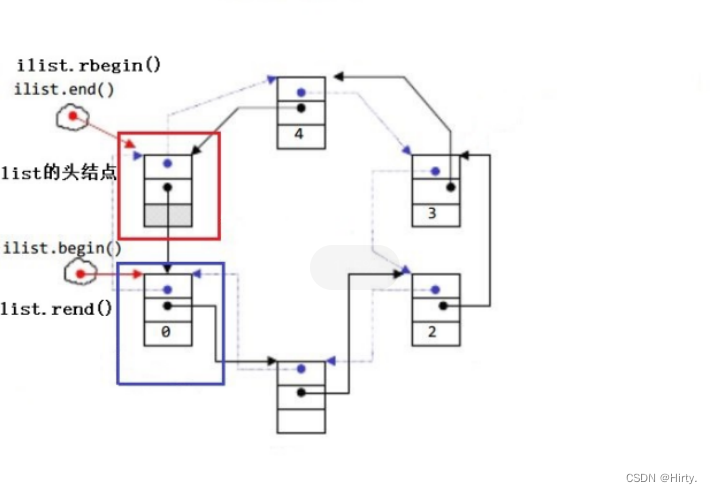
【注意】
1. begin 与 end 为正向迭代器,对迭代器执行 ++ 操作,迭代器向后移动
2. rbegin(end) 与 rend(begin) 为反向迭代器,对迭代器执行 ++ 操作,迭代器向前移动
list capacity

list element access

list modifiers
list中还有一些操作,需要用到时大家可参阅list的文档说明。
list的迭代器失效
前面说过,此处大家可将迭代器暂时理解成类似于指针, 迭代器失效即迭代器所指向的节点的无效,即该节 点被删除了 。因为 list 的底层结构为带头结点的双向循环链表 ,因此 在 list 中进行插入时是不会导致 list 的迭代 器失效的,只有在删除时才会失效,并且失效的只是指向被删除节点的迭代器,其他迭代器不会受到影响 。
#define _CRT_SECURE_NO_WARNINGS 1
#include<iostream>
#include<list>
using namespace std;
void TestListIterator1()
{
int array[] = { 1, 2, 3, 4, 5, 6, 7, 8, 9, 0 };
list<int> l(array, array + sizeof(array) / sizeof(array[0]));
auto it = l.begin();
while (it != l.end())
{
// erase()函数执行后,it所指向的节点已被删除,因此it无效,在下一次使用it时,必须先给
//其赋值
l.erase(it);
++it;
}
}
void TestListIterator()
{
int array[] = { 1, 2, 3, 4, 5, 6, 7, 8, 9, 0 };
list<int> l(array, array + sizeof(array) / sizeof(array[0]));
auto it = l.begin();
while (it != l.end())
{
l.erase(it++); // it = l.erase(it);
}
}
int main()
{
//TestListIterator1();
TestListIterator();
return 0;
}
list的模拟实现
list模拟实现+测试代码:list.h
#pragma once
#include<assert.h>
#include<iostream>
using namespace std;
namespace bit
{
// List的节点类
template<class T>
struct ListNode
{
ListNode<T>* _next;
ListNode<T>* _prev;
T _data;
ListNode(const T& x = T())
:_next(nullptr)
, _prev(nullptr)
, _data(x)
{}
};
//List的迭代器类
// typedef ListIterator<T, T&, T*> iterator;
// typedef ListIterator<T, const T&, const T*> const_iterator;
template<class T,class Ref,class Ptr>
class ListIterator
{
public:
typedef ListNode<T> Node;
typedef ListIterator<T, Ref, Ptr> Self;
ListIterator(Node* node)
:_node(node)
{}
// *it
//T& operator*()
Ref operator*()
{
return _node->_data;
}
// it->
//T* operator->()
Ptr operator->()
{
return &_node->_data;
}
// ++it
Self& operator++()
{
_node = _node->_next;
return *this;
}
Self operator++(int)
{
Self tmp(*this);
_node = _node->next;
return tmp;
}
Self& operator--()
{
_node = _node->_prev;
return *this;
}
Self operator--(int)
{
Self tmp(*this);
_node = _node->_prev;
return tmp;
}
bool operator!=(const Self& it)
{
return _node != it._node;
}
bool operator==(const Self& it)
{
return _node == it._node;
}
Node* _node;
};
//list类
template<class T>
class list
{
typedef ListNode<T> Node;
public:
typedef ListIterator<T, T&, T*> iterator;
typedef ListIterator<T, const T&,const T*> const_iterator;
//iterator begin()
//{
// //return iterator(_head->_next);
// iterator it(_head->_next);
// return it;
//}
iterator begin()
{
return _head->_next;//单参数隐式类型转换
}
iterator end()
{
return _head;//单参数隐式类型转换
}
const_iterator begin() const
{
return _head->_next;
}
const_iterator end() const
{
return _head;
}
void empty_init()
{
_head = new Node;
_head->_prev = _head;
_head->_next = _head;
_size = 0;
}
list()
{
empty_init();
}
list(const list<T>& lt)
{
empty_init();
for (auto& e : lt)
{
push_back(e);
}
}
void swap(list<T>& lt)
{
std::swap(_head,lt._head);
std::swap(_size, lt._size);
}
list<T>& operator=(list<T> lt)
{
swap(lt);
return *this;
}
void clear()
{
iterator it = begin();
while (it != end())
{
it = erase(it);
}
}
~list()
{
clear();
delete _head;
_head = nullptr;
}
//void push_back(const T& x)
//{
// Node* newnode = new Node(x);
// Node* tail = _head->_prev;
// tail->_next = newnode;
// newnode->_prev = tail;
// _head->_prev = newnode;
// newnode->_next = _head;
//}
iterator insert(iterator pos, const T& val)
{
Node* cur = pos._node;
Node* newnode = new Node(val);
Node* prev = cur->_prev;
prev->_next = newnode;
newnode->_prev = prev;
newnode->_next = cur;
cur->_prev = newnode;
_size++;
return iterator(newnode);
}
void push_back(const T& x)
{
insert(end(), x);
}
void push_front(const T& x)
{
insert(begin(), x);
}
void pop_back()
{
erase(--end());
}
void pop_front()
{
erase(begin());
}
iterator erase(iterator pos)
{
Node* cur = pos._node;
Node* next = cur->_next;
Node* prev = cur->_prev;
prev->_next = next;
next->_prev = prev;
delete cur;
cur = nullptr;
--_size;
return iterator(next);
}
size_t size() const
{
return _size;
}
bool empty()
{
return _size == 0;
}
private:
Node* _head;
size_t _size;
};
void test_list1()
{
list<int> lt;
lt.push_back(1);
lt.push_back(2);
lt.push_back(3);
lt.push_back(4);
lt.push_back(5);
list<int>::iterator it = lt.begin();
while (it != lt.end())
{
*it += 10;
cout << *it << " ";
++it;
}
cout << endl;
lt.push_front(10);
lt.push_front(20);
lt.push_front(30);
for (auto e : lt)
{
cout << e << " ";
}
cout << endl;
lt.pop_back();
lt.pop_back();
lt.pop_front();
lt.pop_front();
for (auto e : lt)
{
cout << e << " ";
}
cout << endl;
}
struct A
{
int _a1;
int _a2;
A(int a1 = 0, int a2 = 0)
:_a1(a1)
, _a2(a2)
{}
};
void test_list2()
{
list<A> lt;
A aa1(1, 1);
A aa2 = { 1, 1 };
lt.push_back(aa1);
lt.push_back(aa2);
lt.push_back(A(2, 2));
lt.push_back({ 3, 3 });
lt.push_back({ 4, 4 });
A* ptr = &aa1;
(*ptr)._a1;
ptr->_a1;
list<A>::iterator it = lt.begin();
while (it != lt.end())
{
//*it += 10;
//cout << (*it)._a1 << ":" << (*it)._a2 << endl;
cout << it->_a1 << ":" << it->_a2 << endl;
cout << it.operator->()->_a1 << ":" << it.operator->()->_a2 << endl;
++it;
}
cout << endl;
}
void PrintList(const list<int>& clt)
{
list<int>::const_iterator it = clt.begin();
while (it != clt.end())
{
//*it += 10;
cout << *it << " ";
++it;
}
cout << endl;
}
void test_list3()
{
list<int> lt;
lt.push_back(1);
lt.push_back(2);
lt.push_back(3);
lt.push_back(4);
lt.push_back(5);
PrintList(lt);
list<int> lt1(lt);
PrintList(lt1);
}
}
list与vector的对比
vector 与 list 都是 STL 中非常重要的序列式容器,由于两个容器的底层结构不同,导致其特性以及应用场景不同,其主要不同如下:
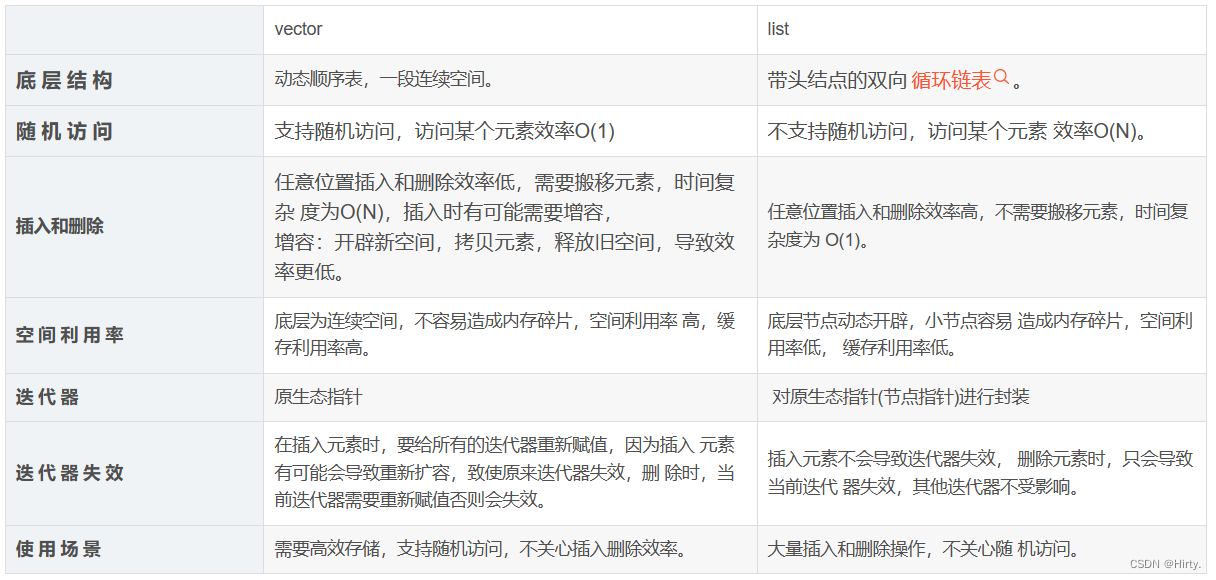

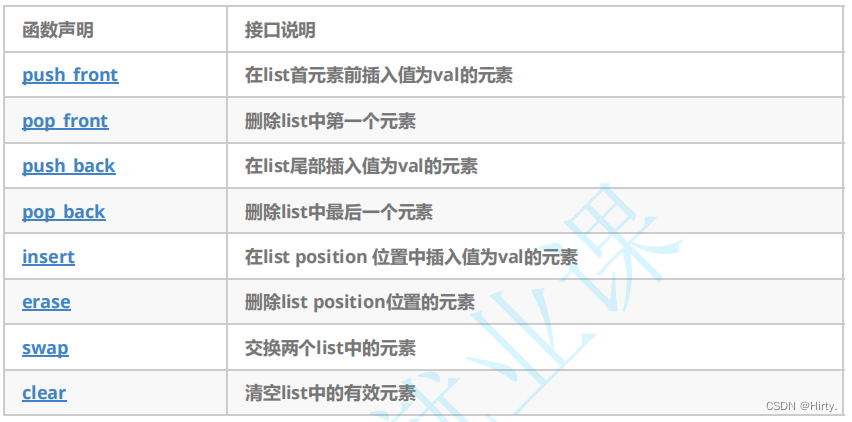
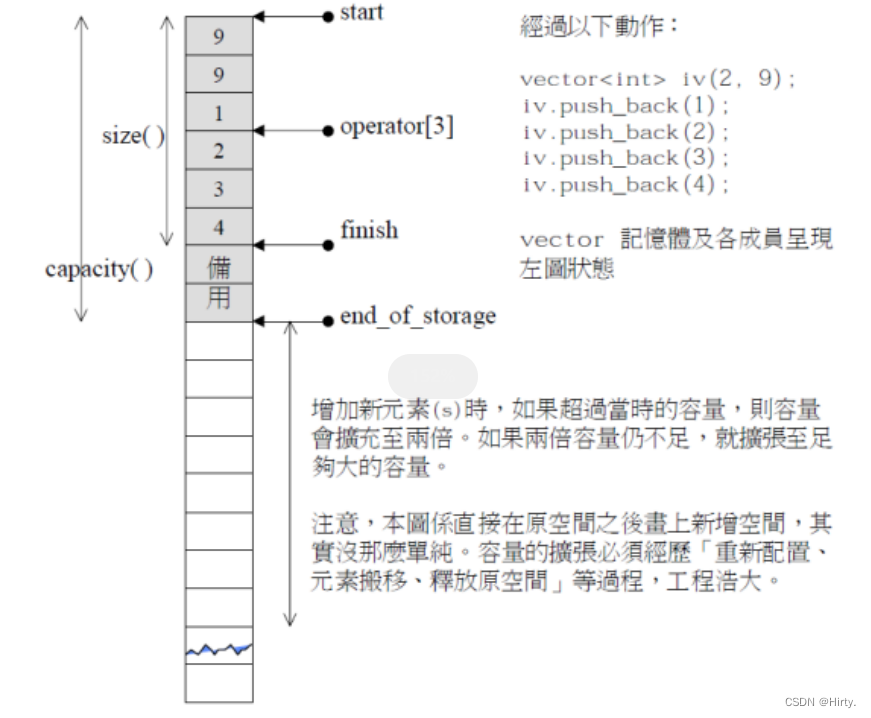
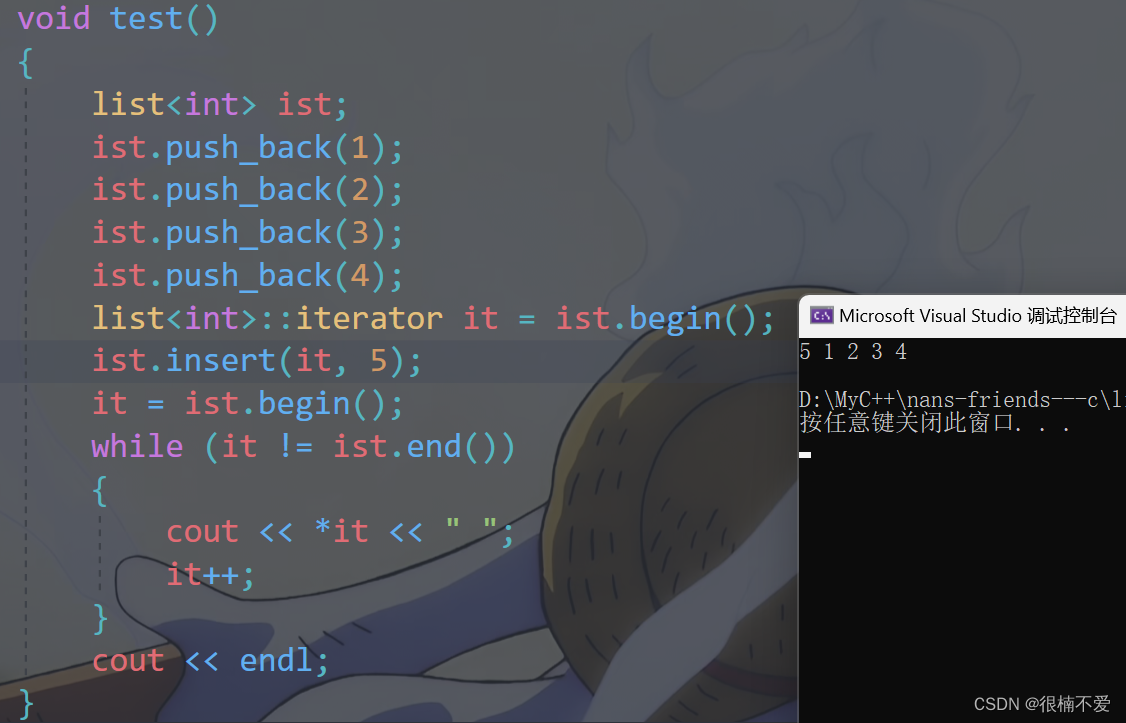
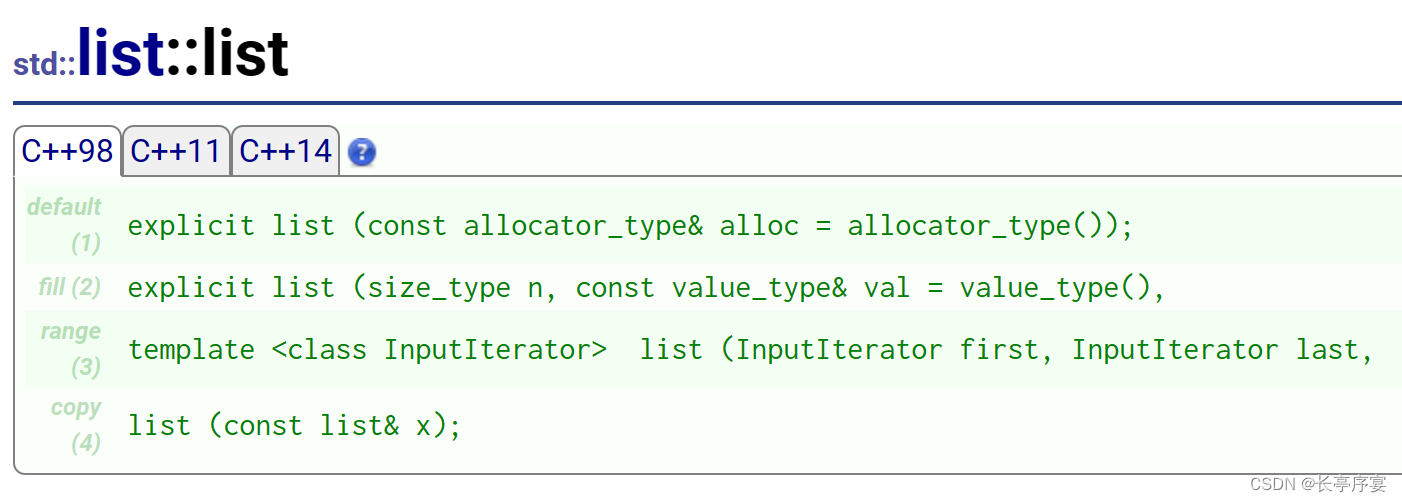
![<span style='color:red;'>C</span>++<span style='color:red;'>初</span><span style='color:red;'>阶</span> | [九] <span style='color:red;'>list</span> 及 其<span style='color:red;'>模拟</span><span style='color:red;'>实现</span>](https://img-blog.csdnimg.cn/direct/f04a8b16b8b74a128abddddb0461f4ac.png)
![<span style='color:red;'>C</span>++<span style='color:red;'>初</span><span style='color:red;'>阶</span> | [七] (下) string<span style='color:red;'>类</span><span style='color:red;'>模拟</span><span style='color:red;'>实现</span>](https://img-blog.csdnimg.cn/direct/574397227f924336994f377650fb6de8.png)
